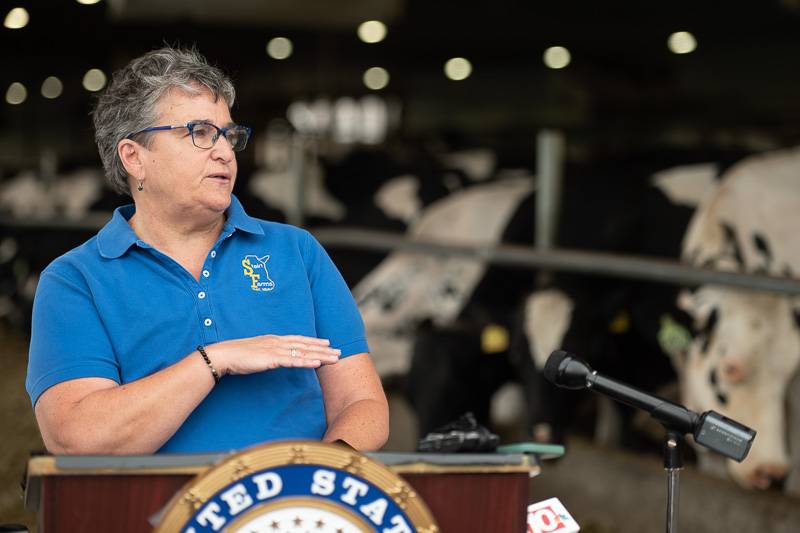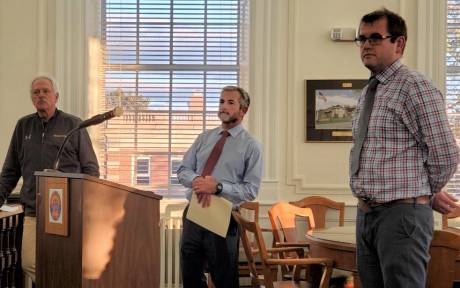Schumer supports Genesee County's broadband expansion efforts
Press Release:
Genesee County is embarking on an ambitious mission to ensure universal broadband access, with the County Legislature demonstrating unwavering determination to reach every unserved address point.
County Manager Matt Landers personally engaged with leadership in each of the thirteen towns with unserved residents, leaving no address point overlooked in the pursuit of connectivity.
In a significant stride towards enhancing the quality of life for all residents, businesses, and educational institutions, Genesee County has approved a contract with Charter Communications Inc. to spearhead the deployment of high-speed internet infrastructure.
“This project will help close the digital divide in Genesee County and will bring gigabit broadband connectivity to over seven hundred residents and small businesses,” said Mark Fitchett, Regional Vice President of Operations at Charter. “We look forward to building our network and serving new customers.”
The Genesee County Legislature, in conjunction with the County Manager, has designated $2 million from the county's $11.1 million allocation of ARPA funds to support the broadband project. Allocation of ARPA funds must adhere to criteria established by the US Treasury Department. Senator Schumer has been a vocal advocate for infrastructure and broadband investments, and his proactive approach has played a pivotal role in securing the resources essential for advancing this project.
“Access to reliable, fast internet service is not a luxury, but a necessity. In my first major act as Majority Leader, I led the American Rescue Plan to passage with billions to help hard-hit communities recover from the darkest days of the pandemic and make long-term investments to strengthen their communities, including essential infrastructure like broadband,” said Senator Schumer.
“I am proud that Genesee County is leveraging $2 million of the overall $11.1 million in ARPA funding I delivered to finally close the digital divide in Genesee County and get Finger Lakes residents and businesses the service they require in the modern economy. Today is the start of connecting Genesee County to the future and a better quality of life for all families in every corner of the county to access the high-speed internet they need to succeed.”
The broadband expansion project aims not only to connect every corner of Genesee County, but also to elevate the overall quality of life in our communities. By increasing access to online resources, educational opportunities, telehealth services, and economic development prospects, the County is paving the way for a more vibrant and inclusive future.
"Our contract with Charter Communications marks a significant milestone in our efforts to ensure equitable access to high-speed internet for all residents, students, families, businesses, and government entities in Genesee County," remarked Shelley Stein, Chair of the Genesee County Legislature. "With Senator Schumer's unwavering support and tireless efforts, we are poised to usher in a new era of connectivity and opportunity for all."


